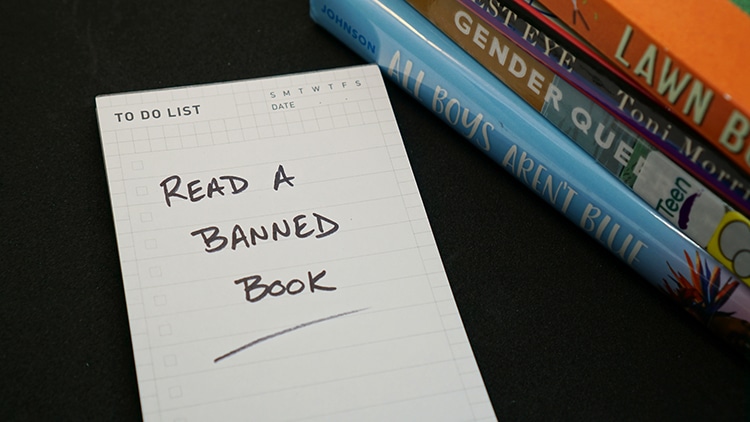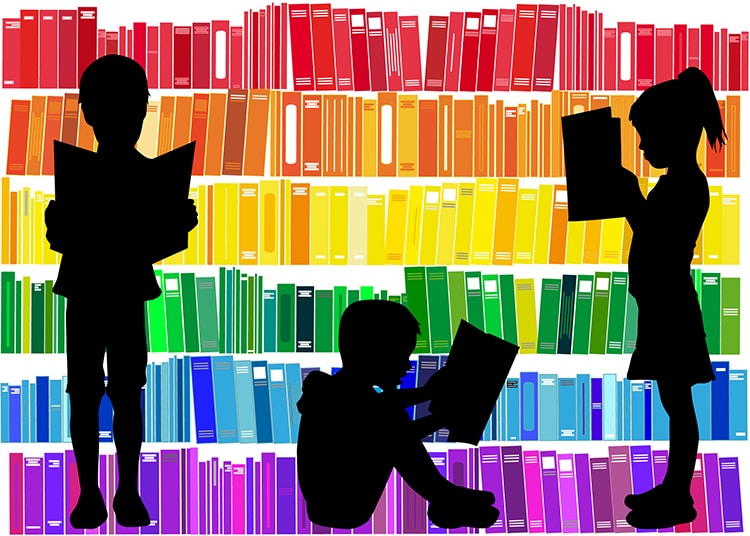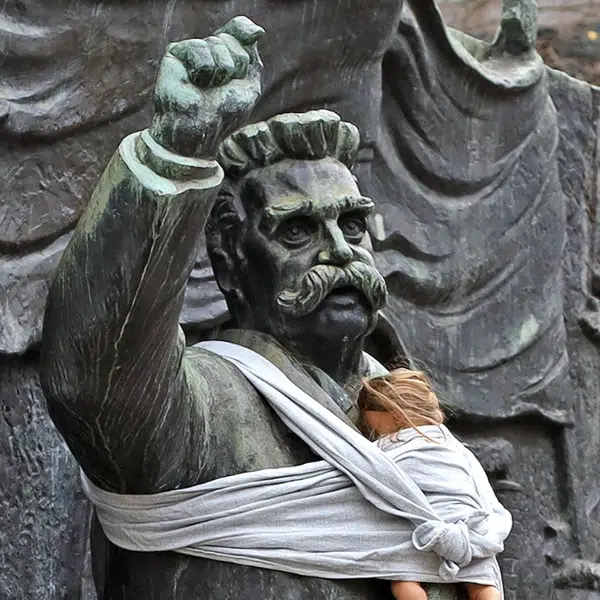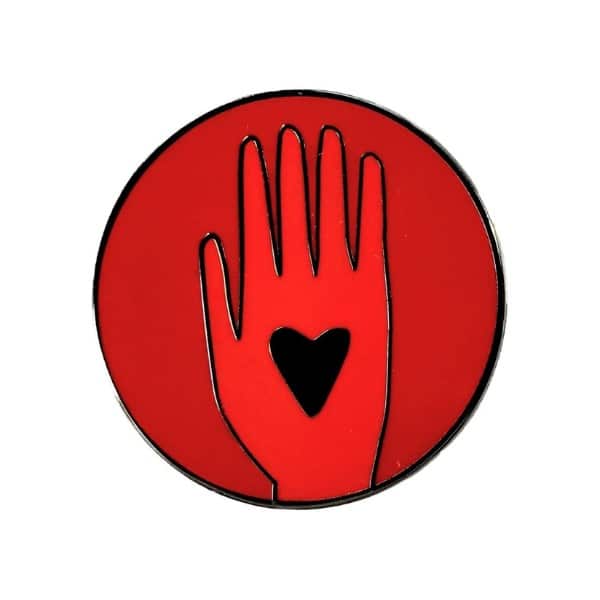
Photo: MARIAR12/Depositphotos
This post may contain affiliate links. If you make a purchase, My Modern Met may earn an affiliate commission. Please read our disclosure for more info.
Book banning is at an all-time high in the United States. In 2021, the American Library Association (ALA) recorded 729 challenged books—the highest number of attempted removals from shelves since the ALA started keeping track in 2000. These recents attacks have heavily targeted books addressing gender, sexuality, and race. In response to the ire of certain parents, state governments, and school boards, teens and adults have begun to form banned book clubs to resist censorship and offer forums to discuss important literature.
While book banning has increased in recent years, driven by a conservative culture war, it is not new in America. The English Puritans banned books they found heretical. In the 1920s, James Joyce’s Ulysses was banned nationally for “obscenity.” The ban was overturned in a famous court case in the Southern District of New York in 1933. This was a turning point for freedom of speech and the press. Mid-century history textbooks were also banned for being “un-American, subversive, and potentially Communist.” In 1982, a landmark case even reached the Supreme Court. Five students challenged the decision of their New York high school to remove nine books from the library. The court ruled that the First Amendment protected the special role of school libraries as repositories of knowledge, stating, “Local school boards may not remove books from school library shelves simply because they dislike the ideas contained in those books.”
Recent banning has caused raised eyebrows among many for the conspicuous set of subjects targeted. Most recent bannings and attempts focus on books which address gender, LGBTQIA+, and racial identities in age-appropriate fashion. These include Gender Queer by Maia Kobabe (a comic memoir of nonbinary identity), All Boys Aren’t Blue by George M. Johnson, The Hate U Give by Angie Thomas. Others such as The Color Purple, To Kill a Mockingbird, and Of Mice and Men have been high on the banned book list for years. Recently, banning of Maus (a graphic novel on the Holocaust) in Tennessee caused uproar when administrators called it disturbing. The general desire to purge uncomfortable topics—no matter how critical to history or students' well-being—is a driving force behind the bans.
Banned book clubs are forming to push back on this trend and to confront uncomfortable topics head on. High-profile prohibitions have generated interest in targeted works. The Banned Books Book Club was founded to be both a reading venture and a library fund. Each month, readers will enjoy a title together from a list including Beloved by Toni Morrison, Beyond Magenta: Transgender Teens Speak Out by Susan Kuklin, and The Perks of Being a Wallflower by Stephen Chbosky. Other clubs plan to meet in person. The Banned Book Club at Firefly Bookstore started with George Orwell's Animal Farm, a book once banned in the Soviet Union and contested in the United States for ties to communism. Meanwhile, teens at the Common Ground Teen Center in Washington, Pennsylvania are reading Fahrenheit 451, a novel which directly discusses censorship. Program director Mary Jo Podgurski, told CNN, “I often wonder, do adults understand what kids have in their phones? They have access to everything. Saying ‘don’t read this book’ shows that you’re not understanding teen culture. Young people have access to much information. What they need is an adult to help them process it.”

Photo: MIKDAM/Depositphotos
To teens, reading banned books is an important experience. Lizzy Brison, a 10th grader who reads with the Common Ground Teen Center, said difficult books should not be removed from shelves. “They’re protecting what they think is innocence but in reality, they’re just limiting children to what they can access with their own identity…It’s gonna be uncomfortable to help a child through that process. But it’s going to be worth it in the end, because your child will end up knowing who they are and where they belong in the world.” Pennsylvania 8th grader Joslyn Diffenbaugh helped start the Firefly Bookstore club after seeing recent efforts to remove titles from shelves. “The reason these books are being banned are the reasons why they should probably be read,” she explains. “All these books that are being banned are about present issues. If we can read them now, we have that knowledge for the future.”
Libraries are joining the fight to make banned books accessible. The New York Public Library announced their Books for All campaign. Through partnerships with publishers, banned and challenged books will be available on e-reader through the library's app no matter where you live. For all readers 13 plus, no fees, fines, or card required until the end of May 2022. “Knowledge is power; ignorance is dangerous, breeding hate and division… Since their inception, public libraries have worked to combat these forces simply by making all perspectives and ideas accessible to all,” the president of the library said. The Brooklyn Public Library is also holding virtual Books Unbanned Teen Councils for youth who wish to engage.
To support the right to read books, consider showing your support during the Banned Books Week held by the ALA each fall. You can also get involved in your local community with these tips to fight to keep books on shelves. Above all, the ultimate resistance to book bans is reading the titles themselves, and what better way to do that than as part of a banned book club.
If you'd like to buy some of the banned books for your personal collection, we've compiled a Banned Books list over on Bookshop, where you'll simultaneously be helping support independent bookstores with every purchase.
Teens and adults are pushing back on recent book bans by starting banned book clubs. Libraries, too, are joining the fight to keep these titles accessible.

Photo: PABLONIS/Depositphotos
h/t: [CNN]
Related Articles:
100-Year-Old National Park Ranger Finally Retires After an Incredibly Impactful Career
Ketanji Brown Jackson Makes History as the Supreme Court’s First Black Female Justice
Artist Creates Replica of Parthenon from 100,000 Banned Books
DC Celebrates “Banned Books Week” with City-Wide Scavenger Hunt






















































































